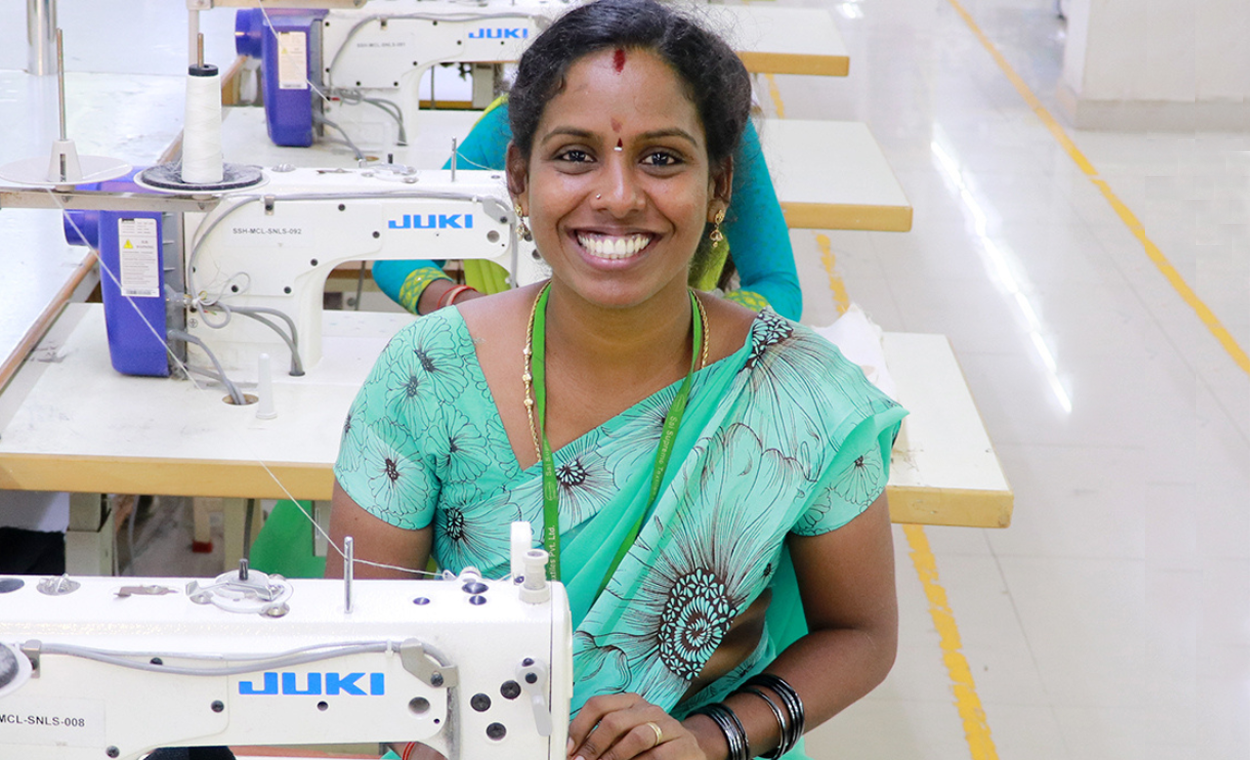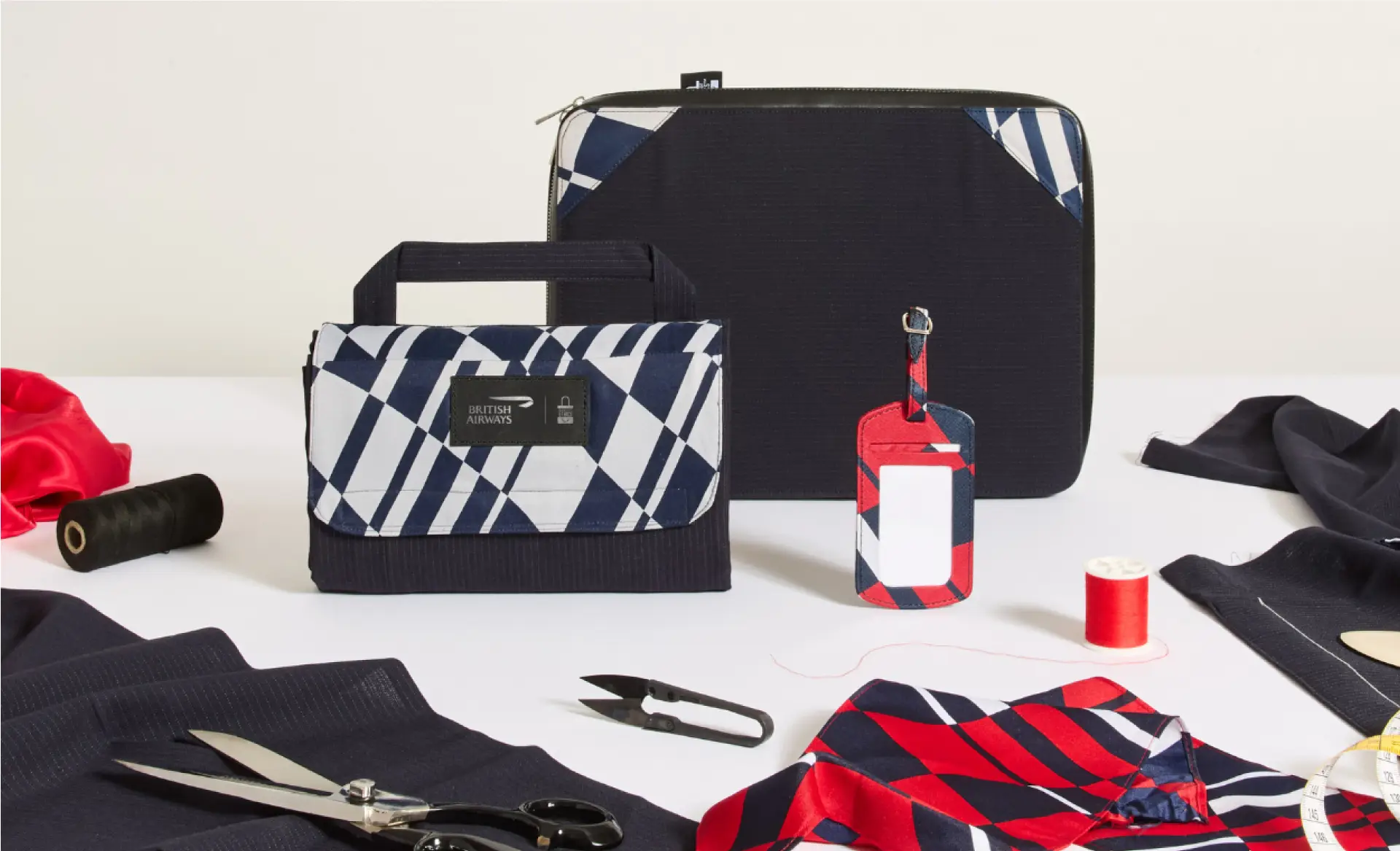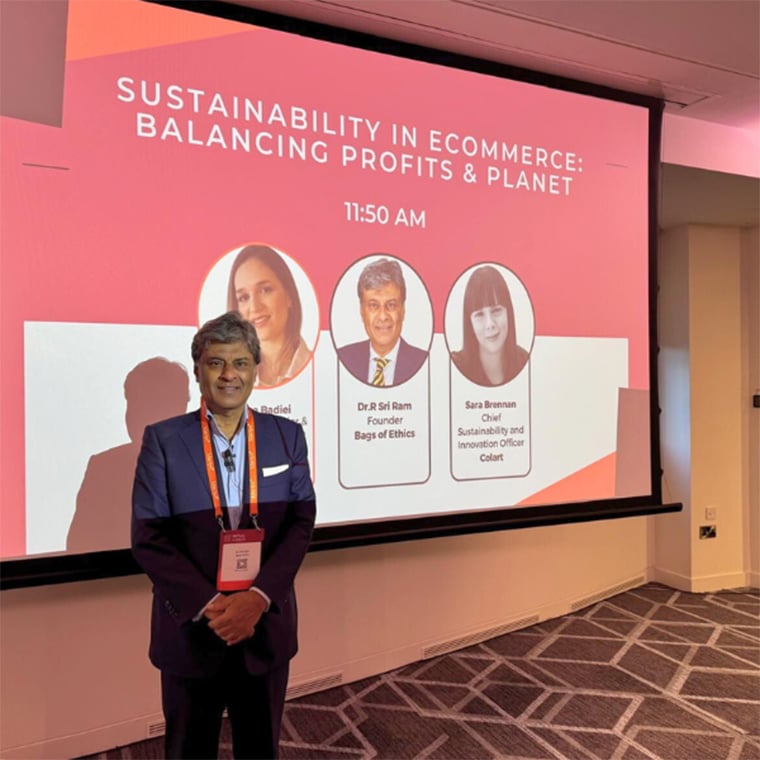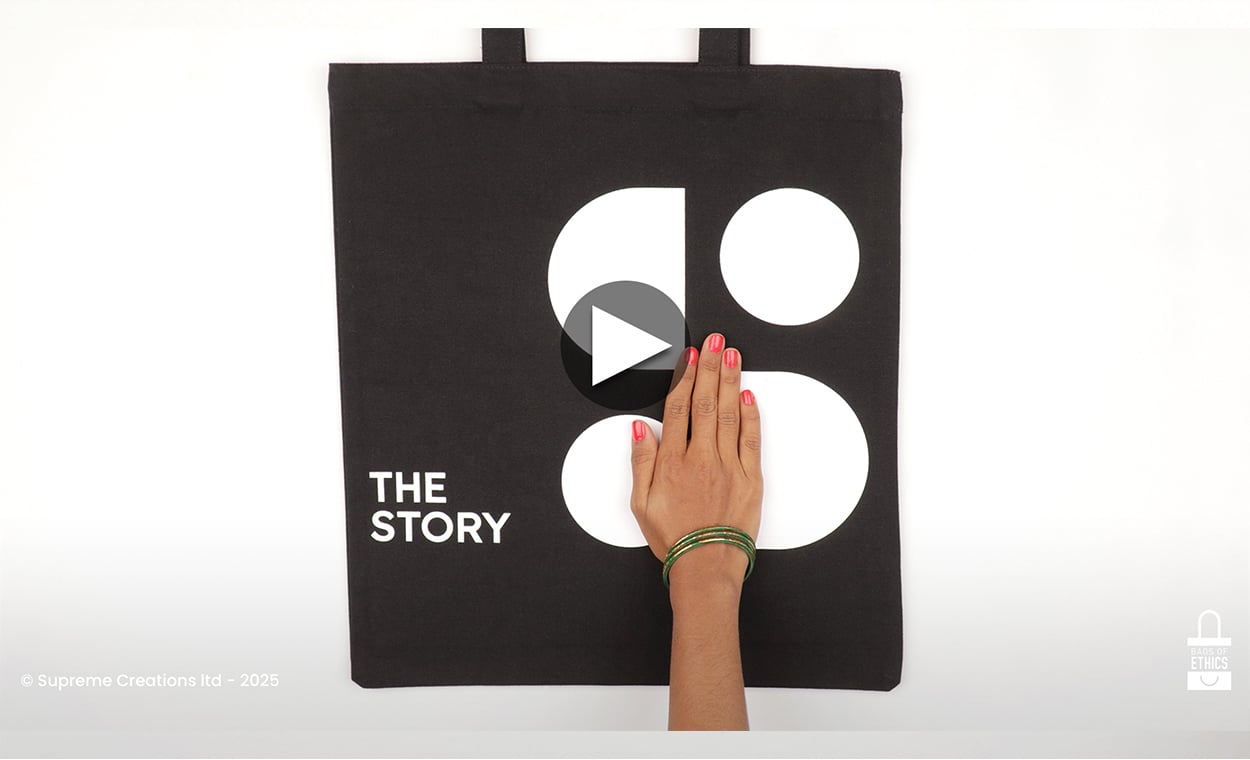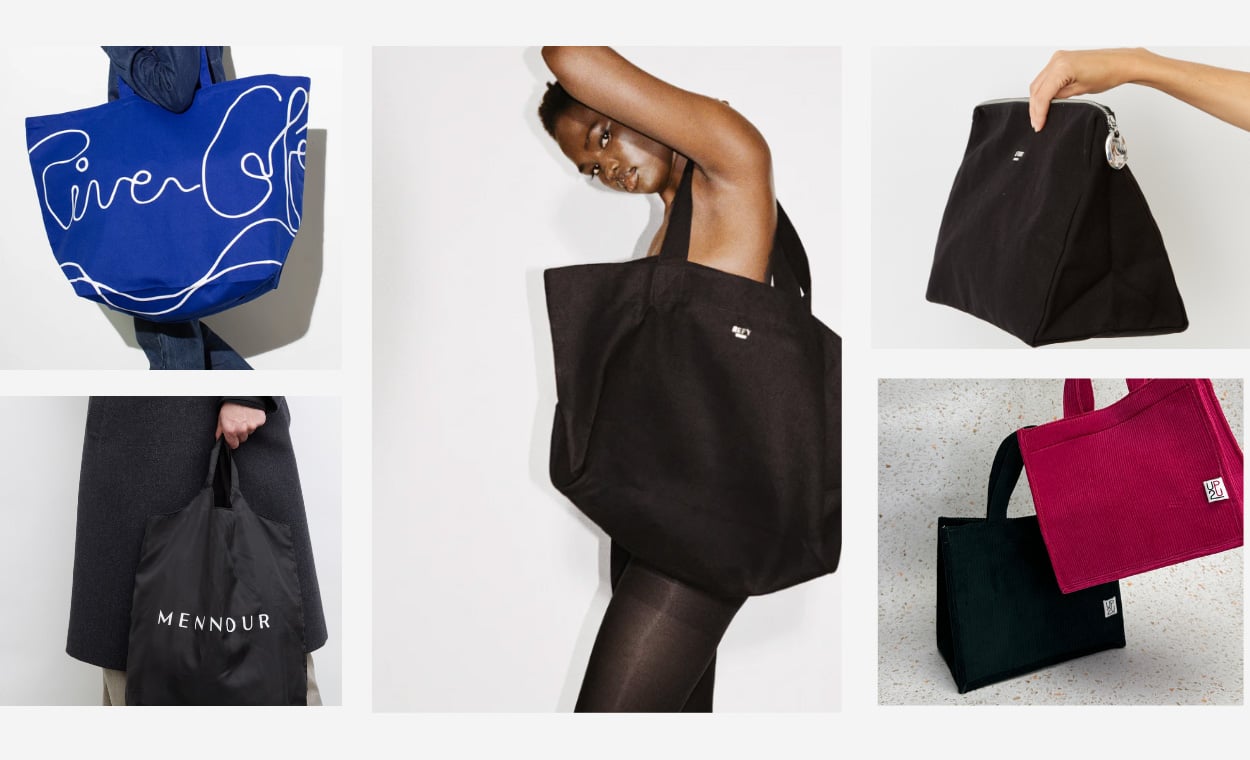An ethical business ensure that all parts of their production is safe, efficient, and focuses on the health of workers.
Why do we need ethical manufacturing?
People Matter!
Often, the products that we consume are made in dangerous factories where the workers are at risk of injury or even losing their lives. In these terrible conditions, workers are physically and verbally abused and many of these workers are children. An example of a dangerous factory that claimed the lives of innocent people is the Rana Plaza building collapse in 2013. The factory collapsed due to cracks in the huge structure that were not taken care of seriously because they were ‘nothing serious’, says the building owner Sohel Rana. 1134 people died in that collapse. We cannot let another tragedy such as this occur again, therefore we need to have ethical manufacturing.
Using Resources Responsibly!
Resources are scarce so we need to employ them in the best possible way. This means that we shouldn’t use so much of a resource in excess, as it will eventually damage the surrounding ecosystems. Take cotton as an example, it requires lots of irrigation and pesticides for its growth. There are many cotton farm in central Asia, but the Aral Sea has taken a hit as a result of those farms. Within 40 years, the Aral Sea has dried up due to the vast amounts of water that cotton needs for its growth. A whole ecosystem was destroyed just by cotton!
The Environment!
A company that is unethical will dispose of its waste in a landfill site, or worse an ocean, instead of recycling it. The Great Pacific Garbage Patch is gaining attention as it is a large floating pile of waste in the Pacific Ocean. So much rubbish has accumulated that it is three times the size of France! Fishes and other sea life are at risk as they digest small particles of plastic from the float, mistaking it as food. This inhibits their ability to reproduce which could eventually lead to the extinction of an entire species! Ethical manufacturing means that by-products should also be recycled and not carelessly dumped into the ocean.
Sustainable Fashion
Sustainable fashion is becoming highly recognised in the fashion industry. As consumers, we are more aware of what products we’re buying and where they’re sourced from, thus highlighting whether a brand promotes ethically sourced products. It is in a company’s best interest to produce sustainably, in order to promote revenue growth because consumers are attracted to companies that have a good record of helping the environment. In the future, sustainable fashion will continue to grow as there are ever increasing amount of technological innovations across materials, products and processes.
Ethical Manufacturing
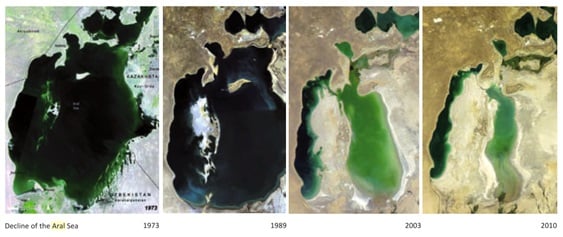
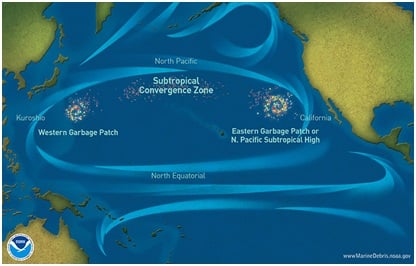
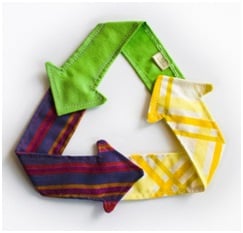








 France
France
 Germany
Germany
 Italy
Italy
 Spain
Spain
 United States
United States
 India
India
